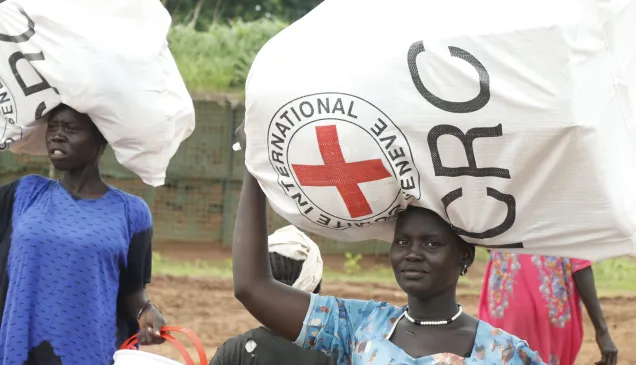In situations of armed conflict, other situations of violence, disasters and in the context of migration, countless families become separated, many people go missing and bodies of the deceased remain unidentified and are never returned home. Those waiting to learn of the whereabouts or fate of a family member live in limbo, afforded neither closure of mourning nor a reason to stop hoping against hope. Such uncertainty has severe psychological and emotional effects. It can also create legal, administrative, social and economic difficulties. The deep wounds inflicted when people go missing continue to undermine relationships among communities and peoples, sometimes for decades afterwards.
International humanitarian law (IHL) and international human rights law (IHRL) contain relevant obligations regarding missing persons and their families. IHL gives rise to three main obligations: 1) the obligation to prevent people from going missing; 2) the obligation to clarify the fate and whereabouts of those who do, and to provide their family members with any information available on their fate and whereabouts; and 3) the obligation to investigate and, when appropriate, prosecute international crimes resulting in persons going missing or being forcibly disappeared. The primary responsibility for addressing the plight of missing persons and their families lies with state authorities and, when applicable, parties to armed conflict. States need to adopt domestic measures to fulfil their obligations under international law and to respond to the needs of the families of missing persons by, for example, facilitating access to pensions and delivering certificates of absence.
Pursuant to the mandate conferred on it by the international community, the International Committee of the Red Cross (ICRC), in particular through its Central Tracing Agency (CTA), undertakes a wide range of activities and coordinates global efforts by the International Red Cross and Red Crescent Movement to protect and restore family links, search for and identify missing people, protect the dignity of the dead and address the needs of families of missing people.



